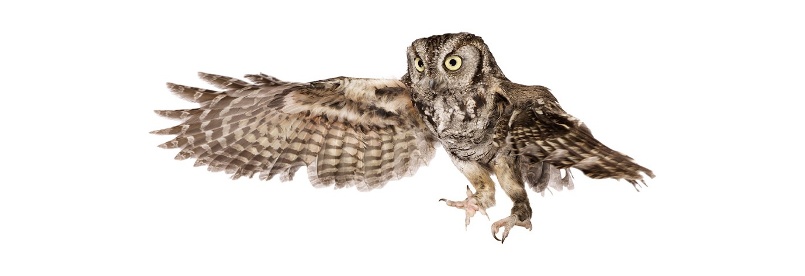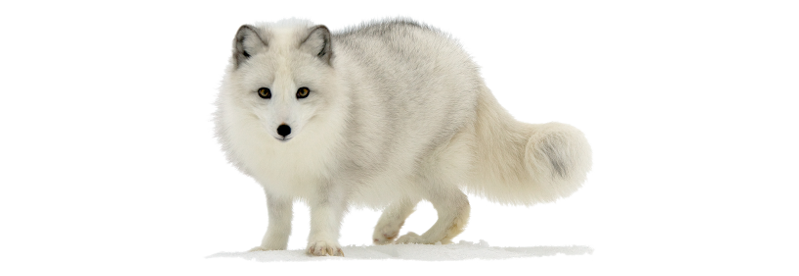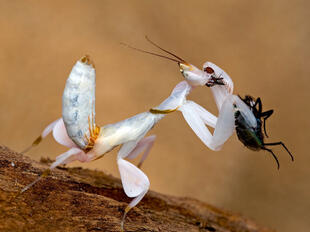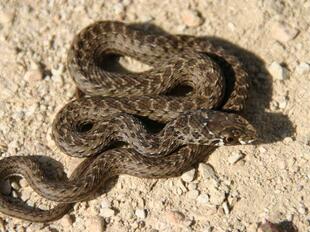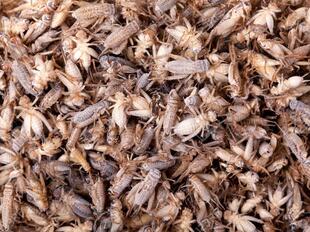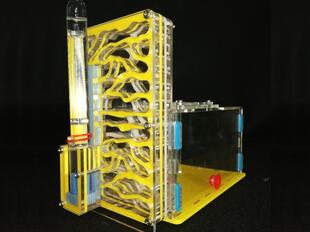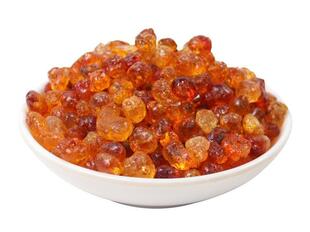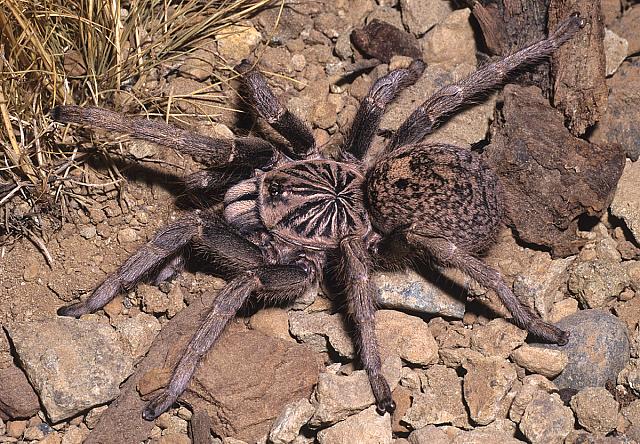
Idiothele nigrofulva(Idiothele nigrofulva)
Phylum —arthropoda
Class —arachnida
Order — araneae
Family — theraphosidae
Genus –idiothele
Appearance
Body size of females is 2-4 cm, males – 2-3 cm, leg span is12-14 cm. The main color is dark brown with a dark pattern on the abdomen and carapace.
Habitat
Idiothele nigrofulva is known from Botswana, Mozambique, Namibia, Zimbabwe and South Africa.
Behavior
In nature, Idiothele nigrofulva builds deep burrows between rocks and bushes, carefully masking them. All exits from the burrow are equipped with a lid that opens from the inside made of dense cobwebs, earth and grass. This mechanism allows not only to disguise better the dwelling for hunting, but also protects it from unwanted guests.
Diet
The main food is insects.
Reproduction
Sexual maturity is reached by 1-2 years. The cocoon can contain up to 100 eggs.
In captivity
The lifespan of females is up to 12, males – up to 3 years.
Idiothele nigrofulva isvery aggressive, fast and toxic species. It is recommended to keep as a pet only for professionals.
When kept in a terrarium, spider builds exactly the same burrows with valves as in nature, that is why spiders are almost invisible. In the terrarium, it is advisable to pour a large layer of coconut substrate (a third of it is better to keep slightly moist) and, after the spider digs a hole, put a drinking bowl. It is useless to put itimmediately, as in the case with most burrowing bird-eaters. The temperature is 22-28 oC, the humidity is 75%.
When feeding, the spider abruptly opens the hatch of the burrow and grabs an insect that is nearby, and then disappears with it. Spiders do not always throw out leftover food and exuvium after molting.Insects of the appropriate size are their food.
 Russian
Russian
 English
English

















